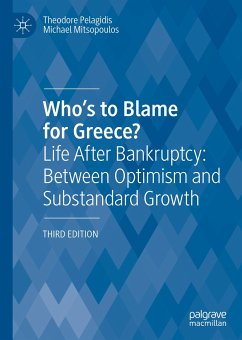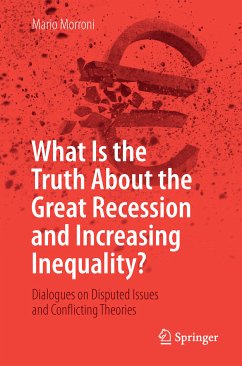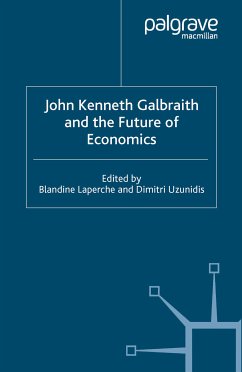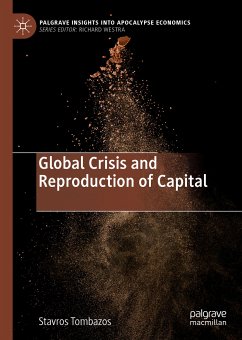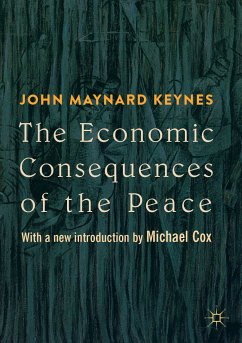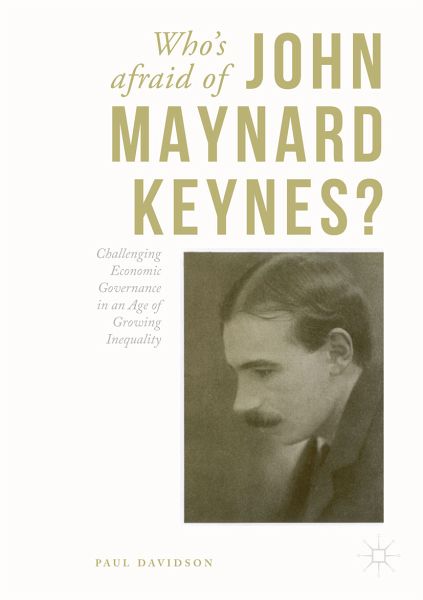
Who's Afraid of John Maynard Keynes? (eBook, PDF)
Challenging Economic Governance in an Age of Growing Inequality
Versandkostenfrei!
Sofort per Download lieferbar
22,95 €
inkl. MwSt.
Weitere Ausgaben:

PAYBACK Punkte
11 °P sammeln!
Builds upon a theory established in The Keynes Solution: The Path to Global Economic Prosperity
Presents a contemporary solution to restoring global economic balance
Examines Keynes' work in a clear and accessible manner
Dieser Download kann aus rechtlichen Gründen nur mit Rechnungsadresse in A, B, BG, CY, CZ, D, DK, EW, E, FIN, F, GR, HR, H, IRL, I, LT, L, LR, M, NL, PL, P, R, S, SLO, SK ausgeliefert werden.




